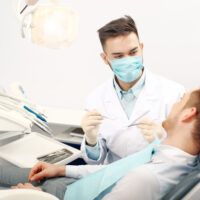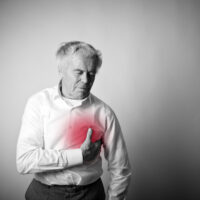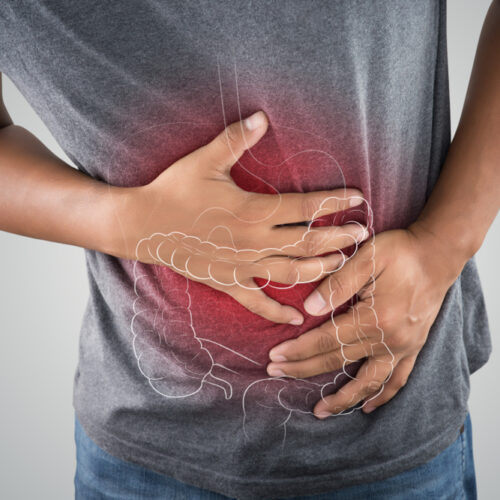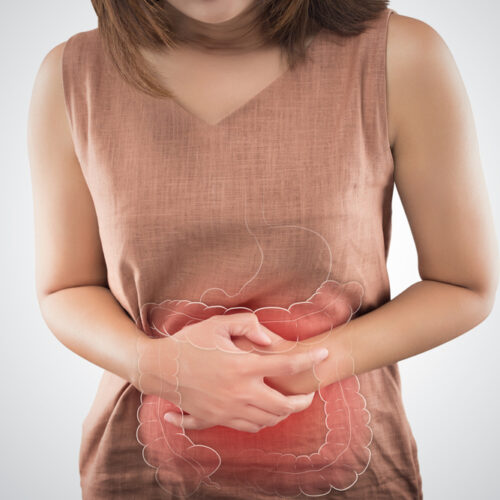Common C Diff Symptoms
Clostridium difficile is a bacterium that causes many diseases that could be life-threatening. This bacterium mostly affects old men and women who are in the hospital or long-term healthcare facilities. It generally happens after the use of antibiotics. However, according to some recent studies, there is a huge growth of Clostridium difficile or C diff infection among those who are not considered to be at such high risks as these individuals, are younger and healthier, have no medical history of antibiotic use or have not been exposed to healthcare facilities.

Here are some of the C diff symptoms that might help identify its effects on the body.
Symptoms
There are many people who carry C diff bacterium in their intestine. However, they never fall ill because of it. The C diff symptoms will start to appear within 5 to 10 days from the start of the antibiotic course. However, there are occasions when its symptoms start appearing after months of finishing the antibiotic course.
When the Infection is Mild to Moderate
Some of the C diff symptoms that appear when the infections are mild to moderate are:
- Watery diarrhea that may occur three or more times in a day for a minimum of two consecutive days.
- You can also get some mild abdominal cramping and tenderness as a symptom of Clostridium difficile infection.
When C Diff Infection is Severe
When C diff infection becomes severe, people affected might get dehydrated and need to be hospitalized. Clostridium difficile might cause the colon to become inflamed and because of this it may form patches of raw tissues that might bleed or produce pseudomembranous colitis. Some of the C diff symptoms in such cases are:
- Dehydration
- Nausea
- Weight Loss
- Loss of Appetite
- Swollen Abdomen
- Fever
- Rapid heart rate
- Diarrhea 10 to 15 times per day
- The increment in the white blood cell count
Shortly after finishing the antibiotic course, you might have loose stools. This happens mostly because of Clostridium difficile. If a person has watery stools three to four times a day for two days or more, then it is necessary to consult the doctor, as this is one of the primary symptoms of C diff infections.











